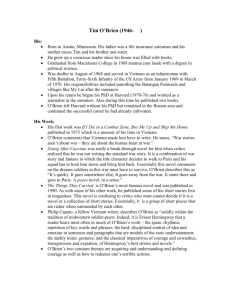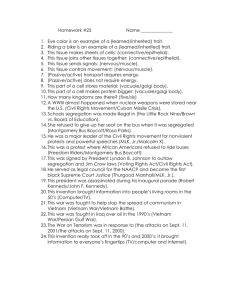TIM O`BRIEN (10-1
advertisement
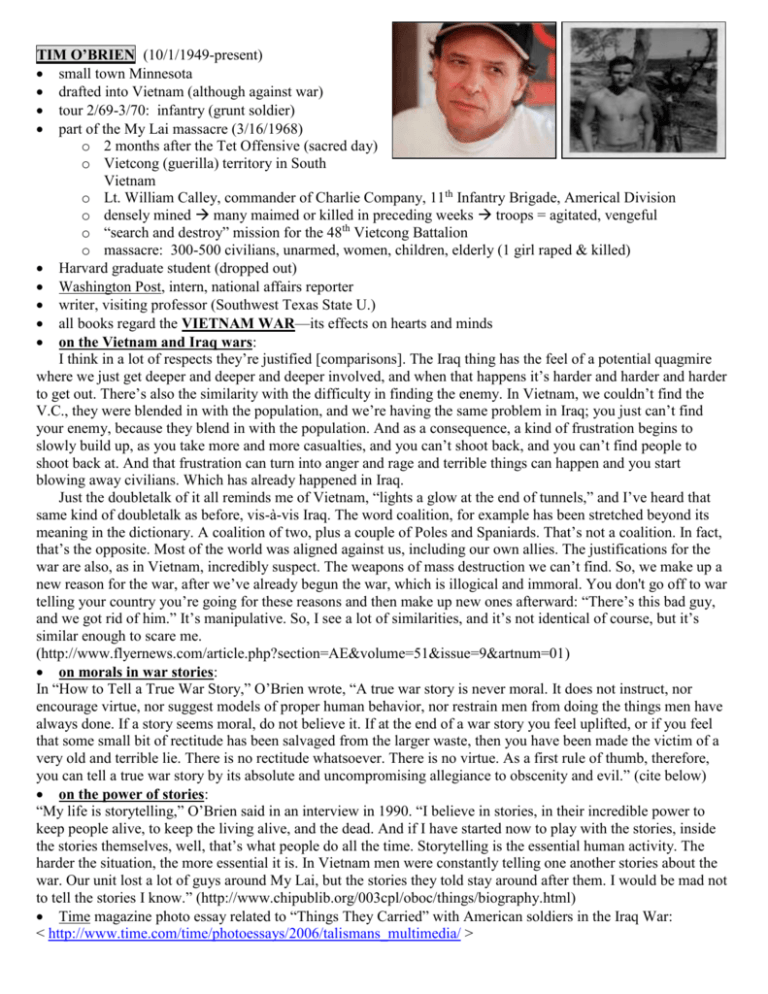
TIM O’BRIEN (10/1/1949-present) small town Minnesota drafted into Vietnam (although against war) tour 2/69-3/70: infantry (grunt soldier) part of the My Lai massacre (3/16/1968) o 2 months after the Tet Offensive (sacred day) o Vietcong (guerilla) territory in South Vietnam o Lt. William Calley, commander of Charlie Company, 11th Infantry Brigade, Americal Division o densely mined many maimed or killed in preceding weeks troops = agitated, vengeful o “search and destroy” mission for the 48th Vietcong Battalion o massacre: 300-500 civilians, unarmed, women, children, elderly (1 girl raped & killed) Harvard graduate student (dropped out) Washington Post, intern, national affairs reporter writer, visiting professor (Southwest Texas State U.) all books regard the VIETNAM WAR—its effects on hearts and minds on the Vietnam and Iraq wars: I think in a lot of respects they’re justified [comparisons]. The Iraq thing has the feel of a potential quagmire where we just get deeper and deeper and deeper involved, and when that happens it’s harder and harder and harder to get out. There’s also the similarity with the difficulty in finding the enemy. In Vietnam, we couldn’t find the V.C., they were blended in with the population, and we’re having the same problem in Iraq; you just can’t find your enemy, because they blend in with the population. And as a consequence, a kind of frustration begins to slowly build up, as you take more and more casualties, and you can’t shoot back, and you can’t find people to shoot back at. And that frustration can turn into anger and rage and terrible things can happen and you start blowing away civilians. Which has already happened in Iraq. Just the doubletalk of it all reminds me of Vietnam, “lights a glow at the end of tunnels,” and I’ve heard that same kind of doubletalk as before, vis-à-vis Iraq. The word coalition, for example has been stretched beyond its meaning in the dictionary. A coalition of two, plus a couple of Poles and Spaniards. That’s not a coalition. In fact, that’s the opposite. Most of the world was aligned against us, including our own allies. The justifications for the war are also, as in Vietnam, incredibly suspect. The weapons of mass destruction we can’t find. So, we make up a new reason for the war, after we’ve already begun the war, which is illogical and immoral. You don't go off to war telling your country you’re going for these reasons and then make up new ones afterward: “There’s this bad guy, and we got rid of him.” It’s manipulative. So, I see a lot of similarities, and it’s not identical of course, but it’s similar enough to scare me. (http://www.flyernews.com/article.php?section=AE&volume=51&issue=9&artnum=01) on morals in war stories: In “How to Tell a True War Story,” O’Brien wrote, “A true war story is never moral. It does not instruct, nor encourage virtue, nor suggest models of proper human behavior, nor restrain men from doing the things men have always done. If a story seems moral, do not believe it. If at the end of a war story you feel uplifted, or if you feel that some small bit of rectitude has been salvaged from the larger waste, then you have been made the victim of a very old and terrible lie. There is no rectitude whatsoever. There is no virtue. As a first rule of thumb, therefore, you can tell a true war story by its absolute and uncompromising allegiance to obscenity and evil.” (cite below) on the power of stories: “My life is storytelling,” O’Brien said in an interview in 1990. “I believe in stories, in their incredible power to keep people alive, to keep the living alive, and the dead. And if I have started now to play with the stories, inside the stories themselves, well, that’s what people do all the time. Storytelling is the essential human activity. The harder the situation, the more essential it is. In Vietnam men were constantly telling one another stories about the war. Our unit lost a lot of guys around My Lai, but the stories they told stay around after them. I would be mad not to tell the stories I know.” (http://www.chipublib.org/003cpl/oboc/things/biography.html) Time magazine photo essay related to “Things They Carried” with American soldiers in the Iraq War: < http://www.time.com/time/photoessays/2006/talismans_multimedia/ >

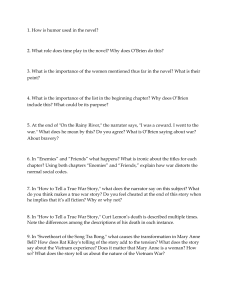
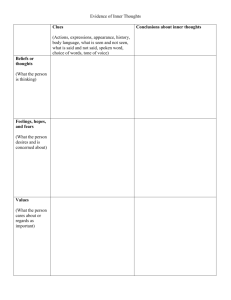
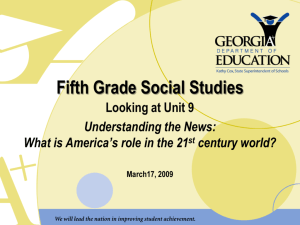
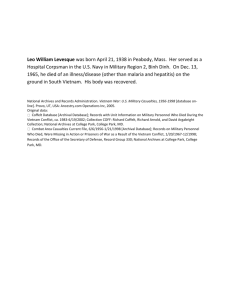
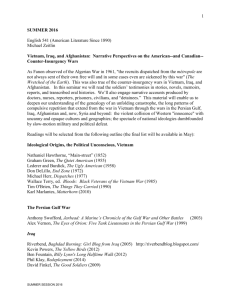
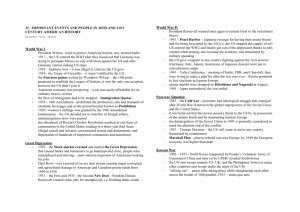
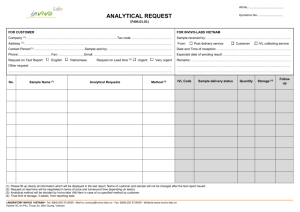
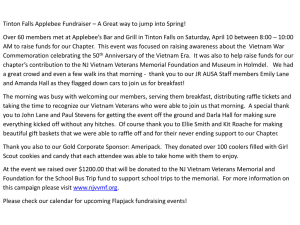
![vietnam[1].](http://s2.studylib.net/store/data/005329784_1-42b2e9fc4f7c73463c31fd4de82c4fa3-300x300.png)
